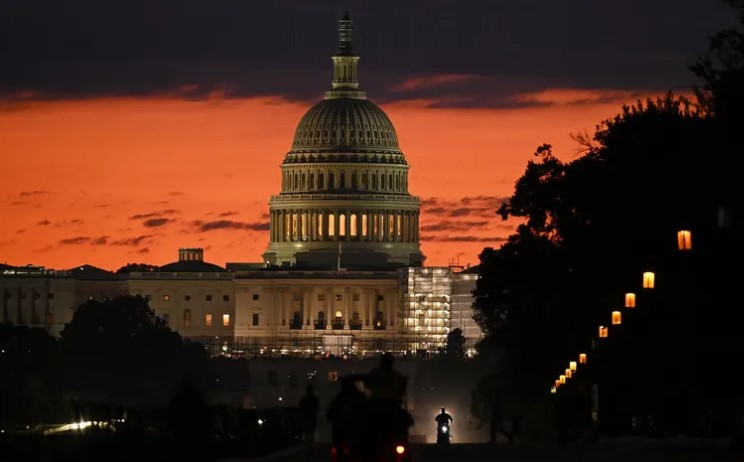Published by REALTOR.com | September 28, 2023
The housing market is facing a new threat: a looming government shutdown.
“The housing market is in a very fragile state right now,” says Jim Tobin, president and CEO of the National Association of Home Builders. “What we don’t need is a government shutdown that further damages the housing market.”
The biggest impact on residential real estate could be mortgage rates, which are primed to go even higher. Homebuyers could run into delays closing sales and have trouble securing popular loans. Government employees and contractors might have trouble making their mortgage and rent payments.
The length of a shutdown will determine the amount of damage done to real estate.
Four shutdowns have occurred over the past decade. The last one was in late 2018 and stretched into early 2019. It lasted 34 days as President Donald Trumphad wanted funding to build a border wall, which Democrats had opposed.
“If the government shutdown lasts two to three weeks, it’s not great, but it isn’t a big deal for the economy or housing market,” says Mark Zandi, chief economist at Moody’s Analytics. But “a longer government shutdown could cause the economy to flatline, costing jobs and thus, hurting housing demand. Home sales may also be affected directly by the shutdown if homebuyers and builders aren’t able to get permits and insurance they may need.”
Mortgage rates could rise
A government shutdown could also lead to higher mortgage rates, says Bill McBride, author of the Calculated Risk economics blog. He correctly predicted the last housing bust in the 2000s.
Shutting down the government would inject a certain amount of uncertainty into the economy. Inflation, unemployment, and other data that the U.S. Federal Reserve considers when deciding whether to hike its rates could be affected.
Investors purchasing mortgage bonds (which are mortgages that are bundled together and sold so lenders can free up funding to make new loans) are likely to want higher mortgage rates to compensate them for the unpredictability in the market.
“The uncertainty is one more element that could lead to volatility in the mortgage and other financial markets,” says Realtor.com® Chief Economist Danielle Hale.
“As soon as it gets resolved, mortgage rates will return to whatever they would have been without the shutdown,” predicts McBride.
A long enough shutdown could also lead to lower mortgage rates. If a shutdown lasted long enough to hurt the economy significantly, the Fed could cut its rates. That could result in mortgage rates going down.


